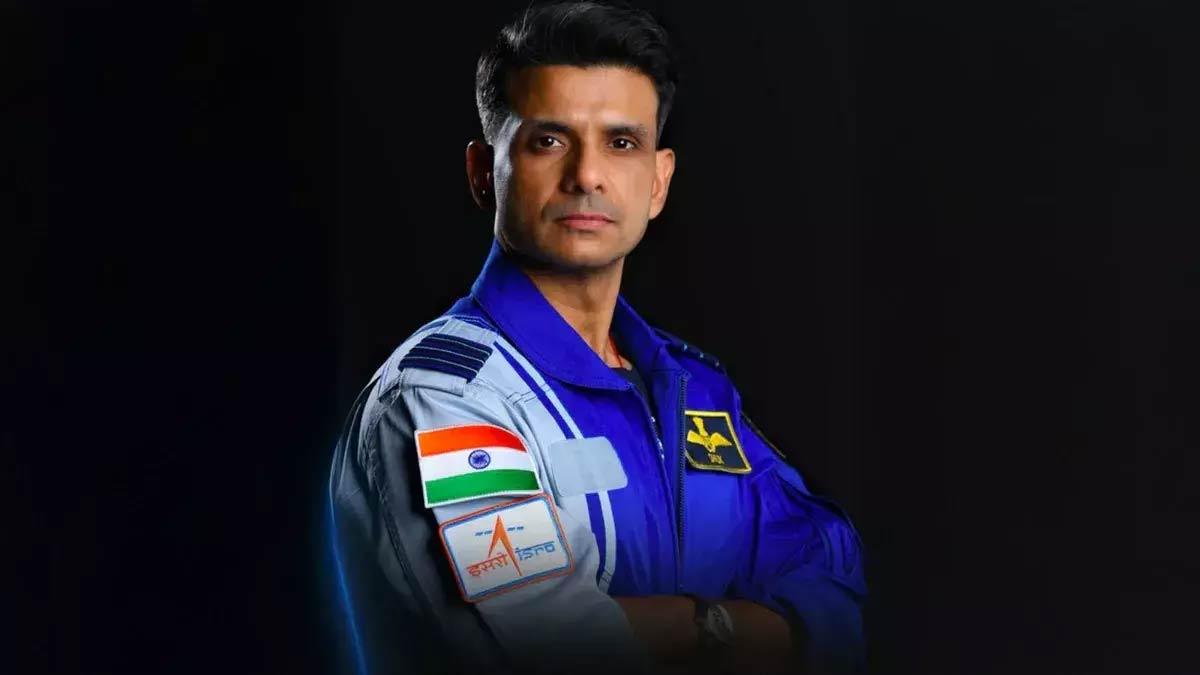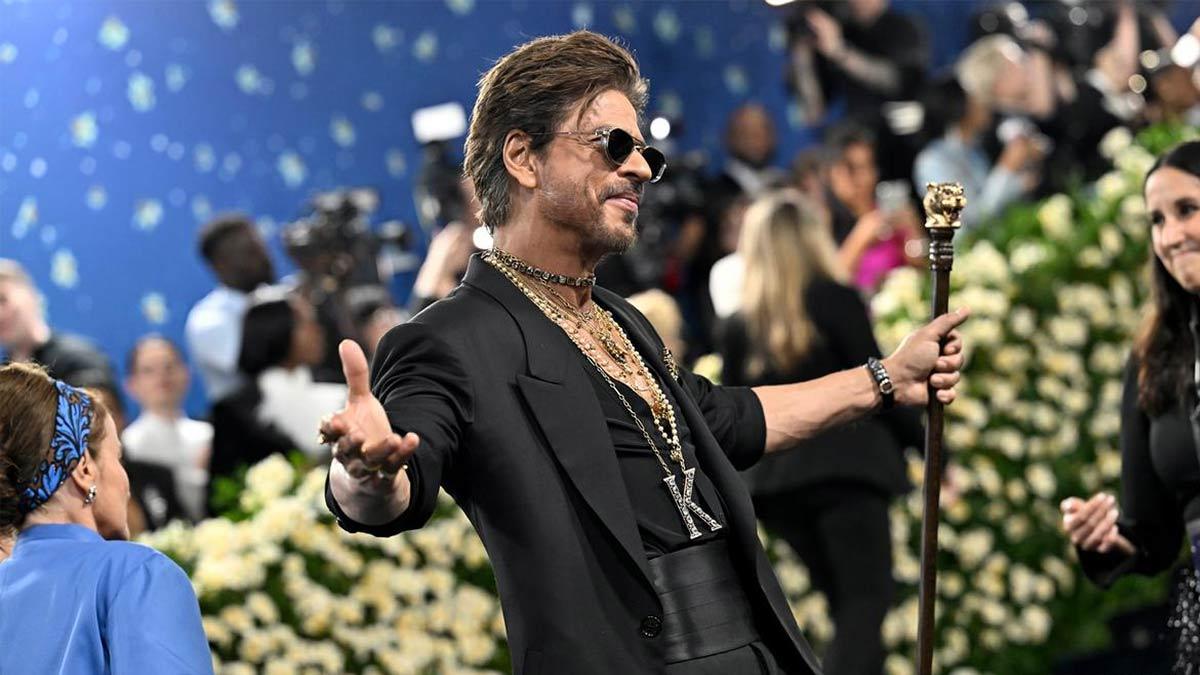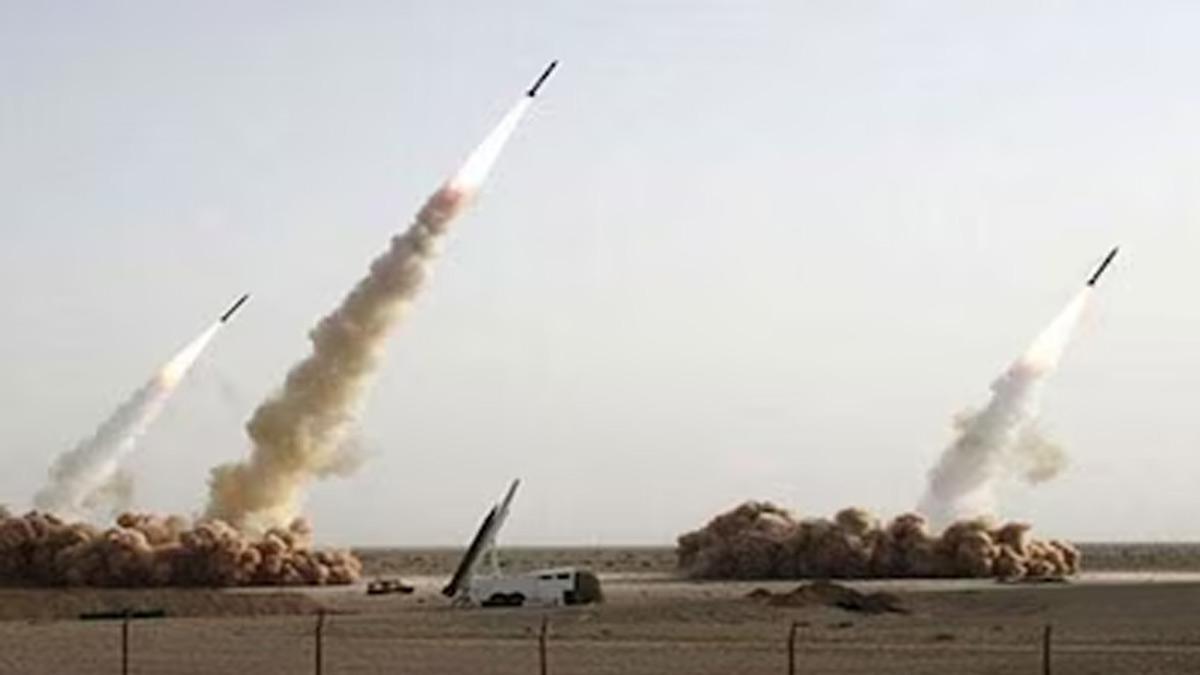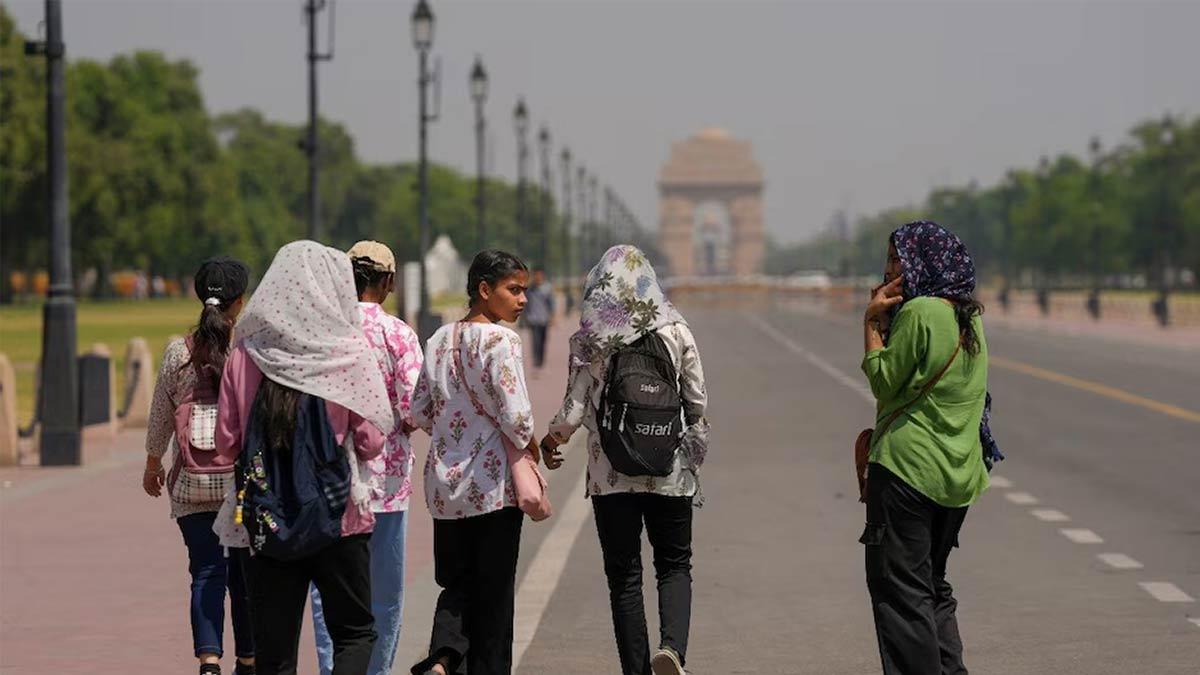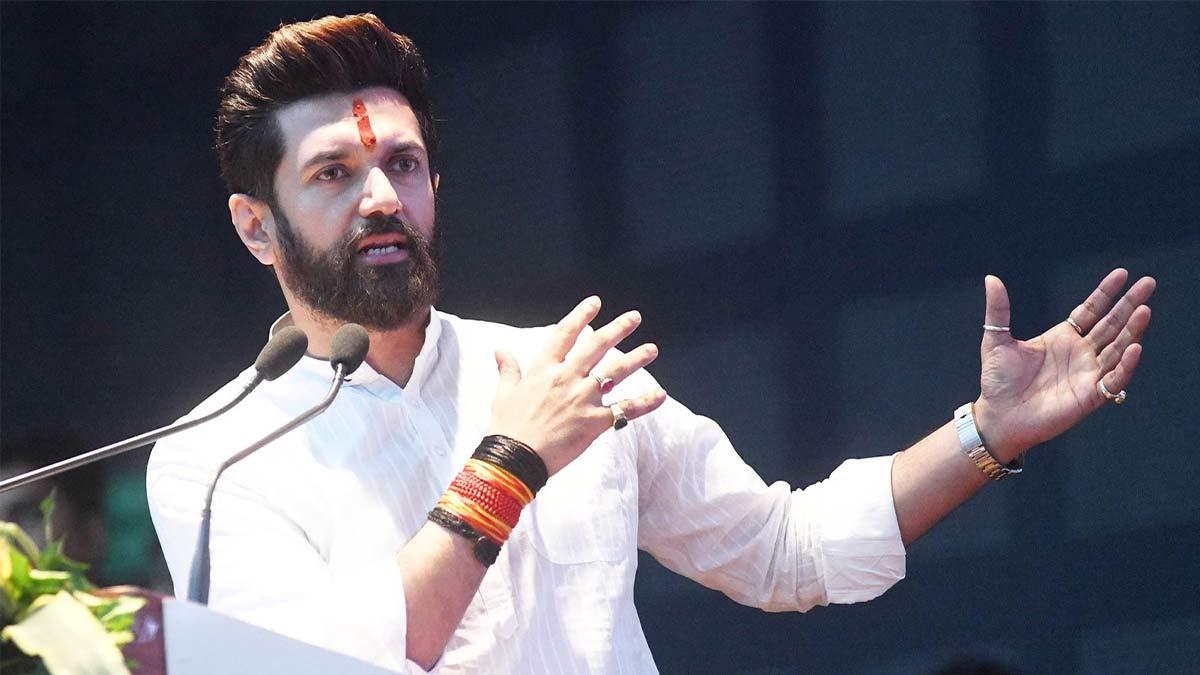The much-awaited trip of Indian astronaut Shubhanshu Shukla to the International Space Station (ISS) has been pushed back for the second time because of poor weather, the Indian Space Research Organisation (ISRO) said on Monday.
US-based Axiom Space now intends to send Shukla, joined by three other astronauts, on a SpaceX Falcon 9 rocket from Florida's Kennedy Space Center on June 11 at 8 a.m. ET (5:30 p.m. IST).
Originally scheduled for May 29, the mission was postponed to June 8 and then to June 10 and has once again been postponed.
"Owing to weather conditions, Axiom-4 mission launch for taking Indian Gaganyatri to International Space Station is rescheduled from 10th June 2025 to 11th June 2025," ISRO Chairman Dr. V. Narayanan posted on social media site X.
SpaceX also released an update, stating, "Now targeting no earlier than Wednesday, June 11 for Falcon 9 to launch at Axiom Space's Ax-4 mission to the Space Station due to high winds in the ascent corridor." A backup launch window has been scheduled for June 12 at 7:37 a.m. ET, in case the postponement continues.
Once launched safely, Shukla will be the first Indian astronaut to go to the ISS and just the second Indian to journey into space following Rakesh Sharma's landmark 1984 mission on Salyut 7.
Earlier today in Lucknow, his family were proud and overjoyed. "We are certainly feeling proud; our son has done something that is a source of pride in itself…," his mother said to IANS.
The crew of the mission will be commanded by United States' Commander Peggy Whitson. Together with Group Captain Shukla, the crew comprises Slawosz Uznanski-Wisniewski and Tibor Kapu from Poland and Hungary respectively as mission specialists.
During his stint on board the space station, Shukla will perform critical research on space nutrition. The experiments, designed together by ISRO and the Department of Biotechnology (DBT) with the help of NASA, would help improve sustainable food production systems for long-duration space missions.
The center of the study will evaluate the influence of microgravity and space radiation on the development and nutritional attributes of edible microalgae, a food model for future space travelers.
The research will entail thorough analysis of transcriptomic, proteomic, and metabolomic variations in diverse algae species to those in Earth-based controls.
With every milestone that passes, Shukla's mission is not just a quantum leap for Indian space endeavors but also a step of tremendous importance towards more profound human exploration of space.
Read also| Chirag Paswan Confirms Bihar Poll Run, Leaves Constituency Choice to Voters
Read also| Rahul following George Soros' playbook to spread electoral chaos, Says Amit Malviya

